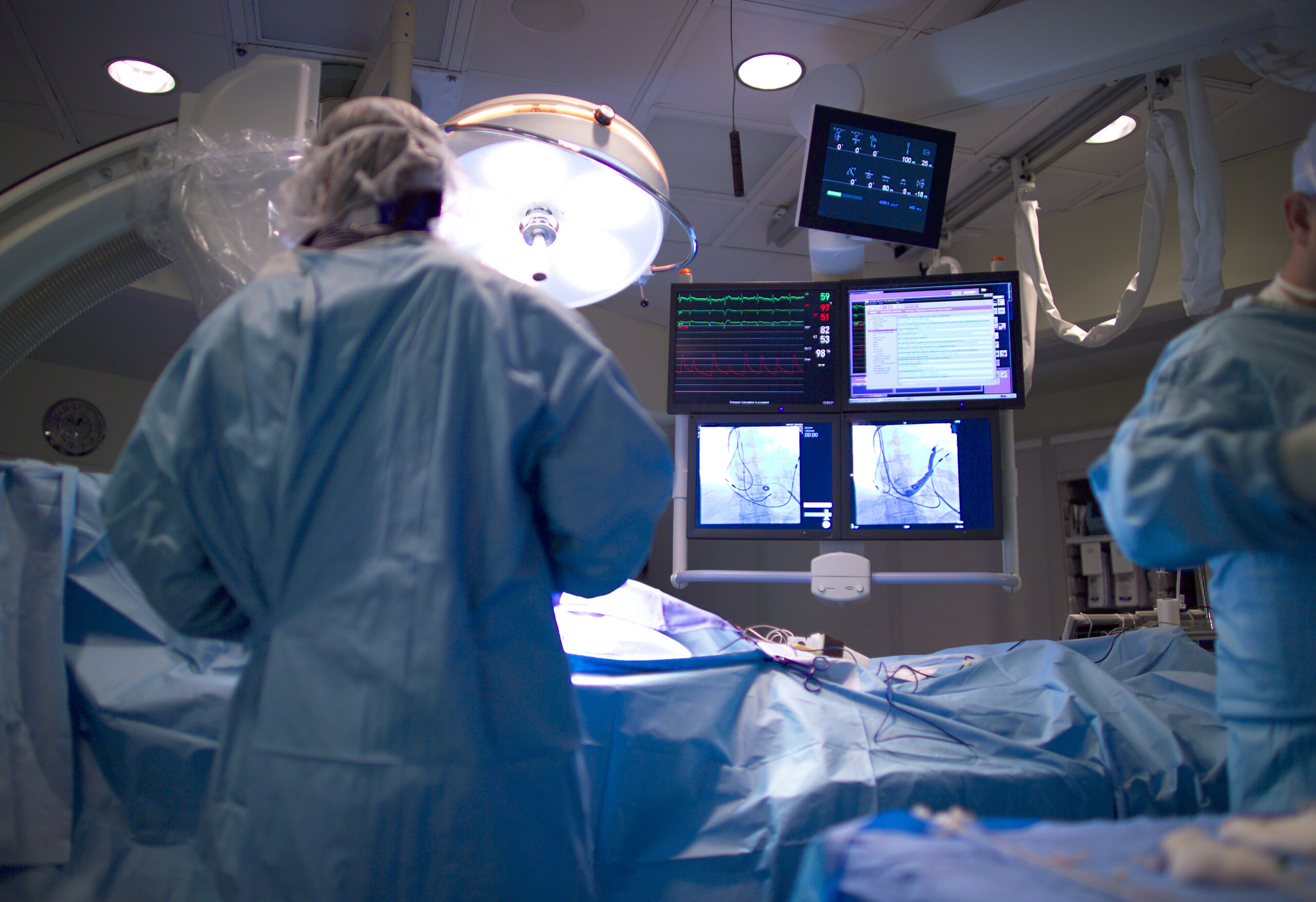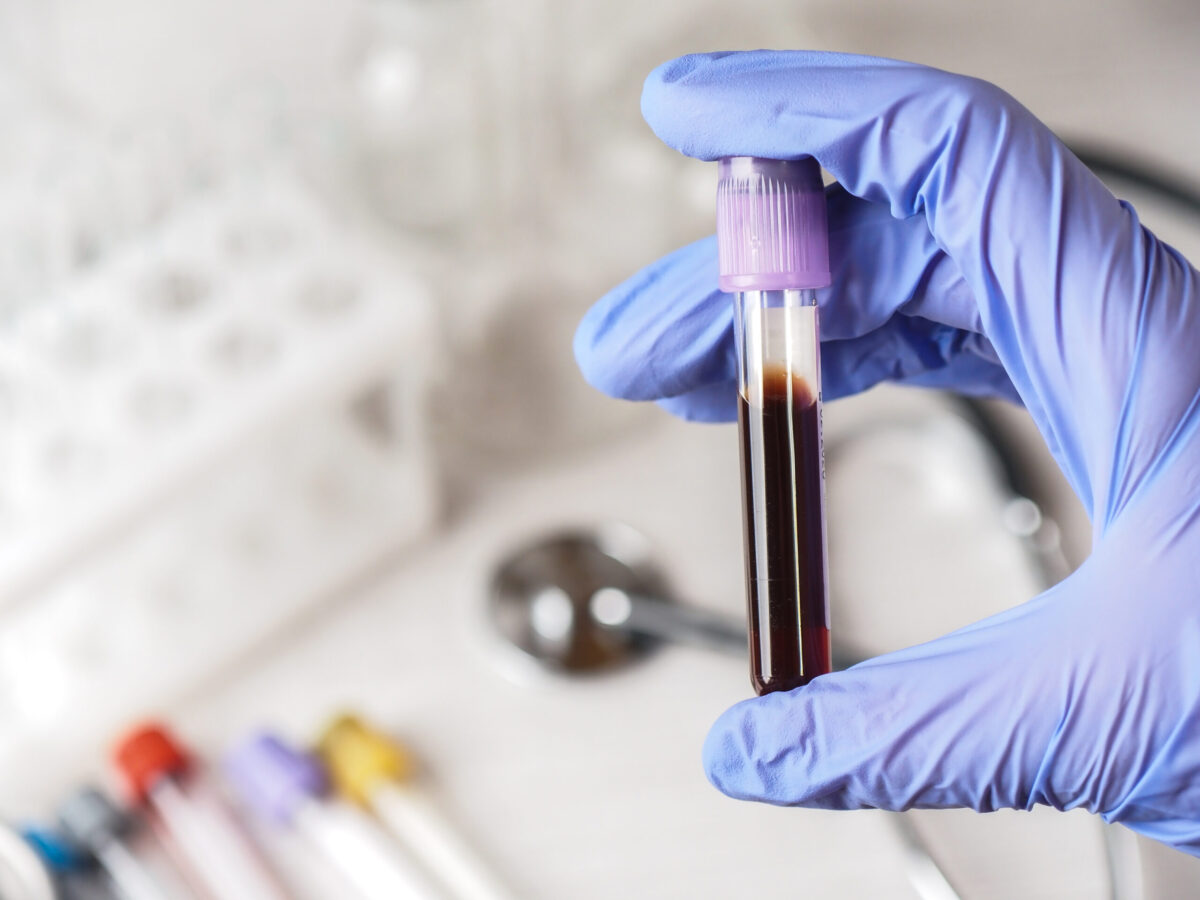The outlook towards sustainability has been rapidly changing in the business landscape as more companies adopt sustainable business practices. Business sustainability entails conducting business operations in a manner that avoids harm to both people and the planet, thereby ensuring the long-term viability of the business.
To embrace sustainability, companies can adopt various strategies such as minimizing greenhouse gas emissions, preserving natural ecosystems and implementing robust social governance measures. Collectively, these initiatives contribute to a more responsible and environmentally friendly business approach.
Although the medical device industry is dedicated to advancing healthcare innovation, pursuing environmental responsibility has encountered obstacles mainly due to rigorous regulations. Many companies have significantly pushed for sustainable packaging and efficient energy utilization, but medical device companies still need to catch up in sustainability approaches. Only two medical device companies made it to the 20th Global 100 rankings by Corporate Knights for the most sustainable corporations.
Let us take a deeper look into the two most sustainable medical device companies in 2024 below:
1. Coloplast A/S
Ranked 78th on the global 100 list (down from 43rd in 2023), Denmark-based Coloplast is the leader in sustainability among medical device companies. Coloplast’s product portfolio includes Ostomy Care, Continence Care, Wound and Skin Care, Interventional Urology and Voice and Respiratory Care. Coloplast is determined to find the right balance between minimizing its environmental footprint and compromising the quality of its products.
Coloplast is focused on improving its products and packaging vis-à-vis reducing emissions. They have created a Strive25 strategy with sustainability in mind for 2025. The targets can be summarized as follows:
- 90 percent of recyclable packaging (currently at 72 percent), of which 80 percent comprises renewable materials (currently at 66 percent)
- Recycling 75 percent of production waste, which Coloplast has already achieved
- 100 percent renewable energy usage
- Reducing emissions
- Responsible operations including but not limited to 40 percent female representation and team diversity
Coloplast is also adopting sustainability in product development by using less material per product and reducing waste per product. They are also focusing on using raw materials with lower environmental impact and avoiding hazardous substances.
Coloplast is leading by example and has launched new packaging that contains no aluminum for their soft catheter SpeediCath Flex. This new packaging reduces the product’s carbon footprint by up to 16 percent. In addition, SpeediCath Flex is free from polyvinyl chloride (PVC) and phthalates. Coloplast is setting high standards and is committed to its social and environmental responsibility.
XTALKS WEBINAR: Infectious Disease Diagnostics for Influenza, RSV and SARS-CoV-2
Live and On-Demand: Tuesday, March 5, 2024, at 12pm EST (5pm GMT/UK)
Register for this free webinar to learn how to effectively take an infectious disease diagnostic assay from initial design stages through regulatory approvals that support market access.
2. Biomérieux SA
At the 97th spot came Biomérieux SA, a French in vitro diagnostics company making its debut on the Global 100 list. Biomérieux is a family-owned company founded over a century ago that specializes in clinical diagnostic solutions and industrial applications, mainly in industrial microbiology.
The company’s eco-responsible actions mainly include:
- Reducing greenhouse gas emissions and waste
- Developing eco-design and optimizing the lifecycle of our products
- Using natural resources efficiently
Biomérieux has set out specific environmental targets for 2030. This includes lowering greenhouse gas emissions by more than 50 percent by 2030 compared to 2019 (in absolute value). To achieve these targets, they prefer sea freight to air freight as it has a lower carbon footprint, and they have introduced remote maintenance of their instruments, which reduces travel for staff and thus leads to a smaller carbon footprint.
Additionally, they focus on the responsible use of two primary resources: energy and water. The company also has a waste management strategy in place, aiming to reduce waste generation by 50 percent and recycle at least 85 percent of the waste by 2025 compared to 2015.
The eco-design approach to the product development process by Biomérieux is notable as it ensures they use fewer, locally sourced, recycled and recyclable resources; work towards extending the lifespan of their devices (maintenance solutions, rental services); and manage the end-of-life of these solutions with a circular economy logic.
Biomérieux has developed more environmentally friendly brown packaging for its products by implementing the eco-design approach. For the new eco-friendly packaging, the wood fibers no longer need to be chemically bleached or covered with a layer of pigments. Solvent-based inks gave way to water-based inks, mitigating the need for varnish. In addition, the company logo is printed in monochrome, which makes it possible to rationalize the number of pigments used in printing.
Biomérieux aims to incorporate at least 40 percent of women in corporate leadership and at least 35 percent in the international profile by 2025 to foster diversity and inclusivity.
Navigating the sustainable business landscape for medical device companies is challenging, as evidenced by only two companies earning spots in the global 100 list. Despite the challenges, Coloplast and Biomérieux are setting benchmarks in their sustainability endeavors. Their commitment to sustainable practices is commendable and vital to making the medical device industry more eco-friendly with enhanced corporate social responsibilities without compromising device reliability and patient safety.












Join or login to leave a comment
JOIN LOGIN